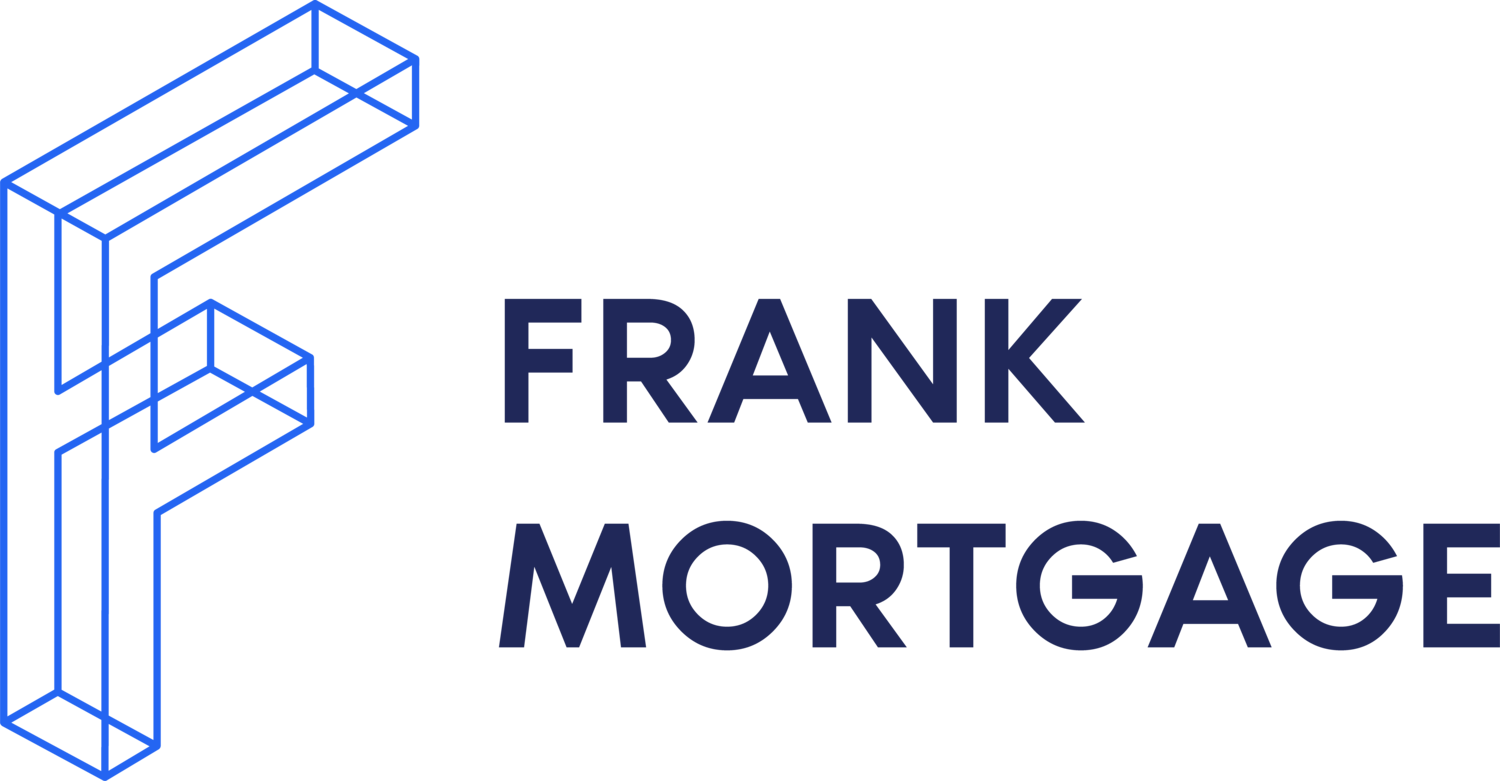What Is a Job Letter of Employment?
Why It Matters for Your Mortgage?

When you are applying for a mortgage in Canada, the mortgage lender you submit a mortgage application will undertake a thorough underwriting process. This means they will review the information in your mortgage application and require evidence with documentation that the elements of your mortgage application are correct. This is where the job letter comes in as written proof of your employment.
The mortgage broker and the mortgage lender will want to confirm your income. They will want evidence that the income you have said you earn is actually being earned. They do this by looking at pay stubs and/or bank statements or other means to verify the amounts. In addition, if you are employed by a third party, one of the most commonly requested documents during the mortgage process is a Job Letter of Employment.
But what exactly is it, why is it required, and what details are they looking for?
What Is a Job Letter of Employment?
A Job Letter of Employment is a formal document issued by your employer that confirms key details about your employment. It helps lenders verify that you have a stable, reliable source of income to support your mortgage payments over time.
What Should Be Included in a Job Letter?
Lenders require specific information in your job letter to assess your financial profile. A complete job letter typically includes:
- Your full name
- Job title or position
- Start date (and whether you're permanent, full-time, part-time, contract or on probation)
- Current annual salary or hourly wage, including guaranteed or contract hours per week if hourly
- Bonus or commission structure (if applicable)
- Employer's name and contact information
- Date the letter was issued
- Printed on company letterhead
- Signed by a supervisor, manager, or HR representative
Requirements may vary depending on the lender, but the employment letter typically cannot be older than 30 days.
The numbers in the employment letter will be cross-referenced with your recent paystubs and, if requested, T4 slips or Notices of Assessment.
How Do Lenders Use It?
Lenders use the job letter to:
- Verify employment status - Are you actively employed, part-time, contract and not on probation?
- Confirm income level - Does the income stated in your mortgage application align with what your employer reports in the job letter?
- Assess income stability - Is your job permanent and full-time, or seasonal and variable?
The job letter is often compared against other documents, like paystubs, T4s, and bank statements, to ensure consistency and accuracy.
Why Do Borrowers Need to Provide It?
From a borrower’s perspective, the job letter might feel like one more hoop to jump through. Some may even be nervous to ask their employers for a favor. However, this is a very common practice that all employers should be familiar with. They should be happy to provide the employment letter to help you out since it serves a crucial purpose – it helps you get a mortgage.
Lenders are required by internal policy and practice as well as by external regulations to conduct thorough underwriting. In doing so they will focus on completing:
- Risk Assessment - Your mortgage is a long-term obligation. The lender wants to be reasonably confident you’ll be able to make your payments, not just today, but in the years ahead.
- Income Verification - While you may declare your income, lenders need third-party confirmation from reliable sources such as your employer.
- Detect Misrepresentation/Fraud - Unfortunately, income fraud is a real concern in the mortgage industry. A verified employment letter helps guard against that risk. Although fraudsters may attempt to provide fake employment letters, most mortgage brokers and lenders now have ways to detect fakes. If they suspect the employment letter is fake the application will be automatically declined.
If you're self-employed, a job letter may not be relevant, but there are other income verification standards for business owners or independent contractors, like NOAs, bank statements, and business financials.
Why is it so Important in Mortgage Underwriting?
Mortgage underwriting is a detailed process through which lenders manage risk. Your employment income is usually the primary means of repaying your mortgage. Verifiable and stable income lowers the perceived risk to the lender.
Here are some examples of how underwriters think:
- Full-time, permanent employment with years of tenure = low risk
- New job, probationary period, or contract work = higher risk
- Commission or bonus-heavy income = needs more documentation and history
A job letter provides third-party evidence and allows lenders to ensure they're not relying on assumptions or unverifiable claims when making lending decisions.
Tips for Borrowers
- Request the employment letter early. Don't wait until the last minute since it can take time to get the right person at your employer to draft and sign it.
- Once you receive it, double-check the content before sending to your mortgage broker or lender. Make sure it’s on the proper company letterhead, dated, signed, and contains all the necessary info.
- Note the date. Most lenders won’t accept a letter older than 30 days.
- As you wait for your employer to provide the employment letter, prepare your other documents. Gather your other documents like paystubs, T4s, bank statements and other documents requested. Your mortgage broker will provide you a list of all the documents you will need to provide.
Final Thoughts
In conclusion, a job letter of employment is a critical component in securing mortgage approval in Canada. It provides lenders with verifiable proof of your income, job stability, and employment status, which are essential for assessing your ability to repay the loan. By presenting a clear and detailed letter, you demonstrate financial reliability and increase your chances of approval. Ensuring your employer includes key details like your position, salary, and length of employment can make all the difference in navigating the mortgage process smoothly. Take the time to secure a proper job letter. It is a small step that can significantly impact the success of your homeownership journey.
For further advice on your mortgage needs and the mortgage process, please reach out to us at Frank Mortgage at
www.frankmortgage.com or
1-888-850-1337.
About The Author

Don Scott
Don Scott is the founder of a challenger mortgage brokerage that is focused on improving access to mortgages. We can eliminate traditional biases and market restrictions through the use of technology to deliver a mortgage experience focused on the customer. Frankly, getting a mortgage doesn't have to be stressful.
Related Posts






